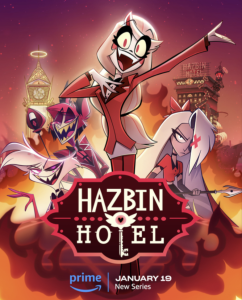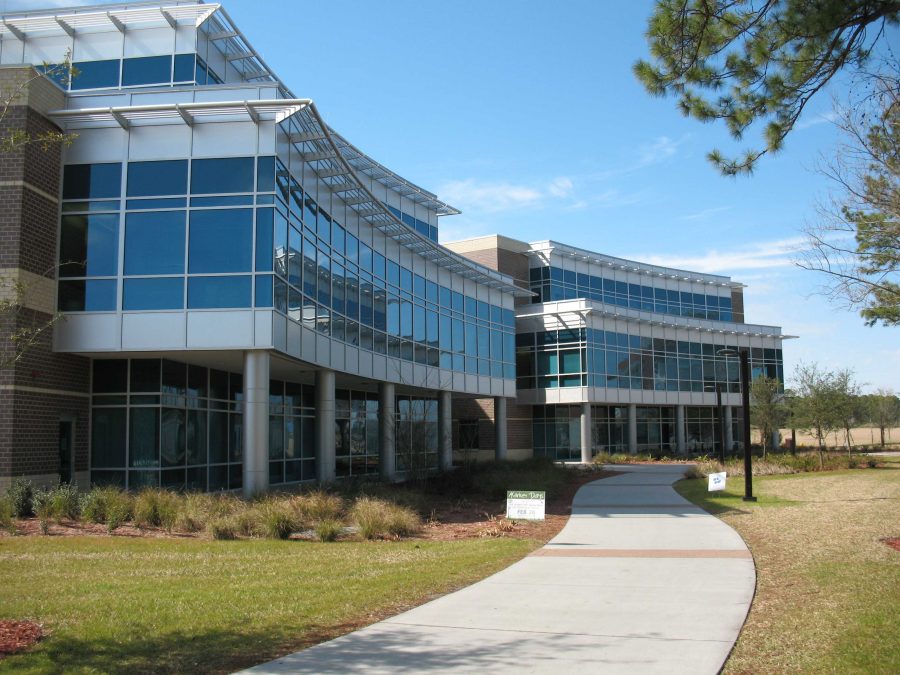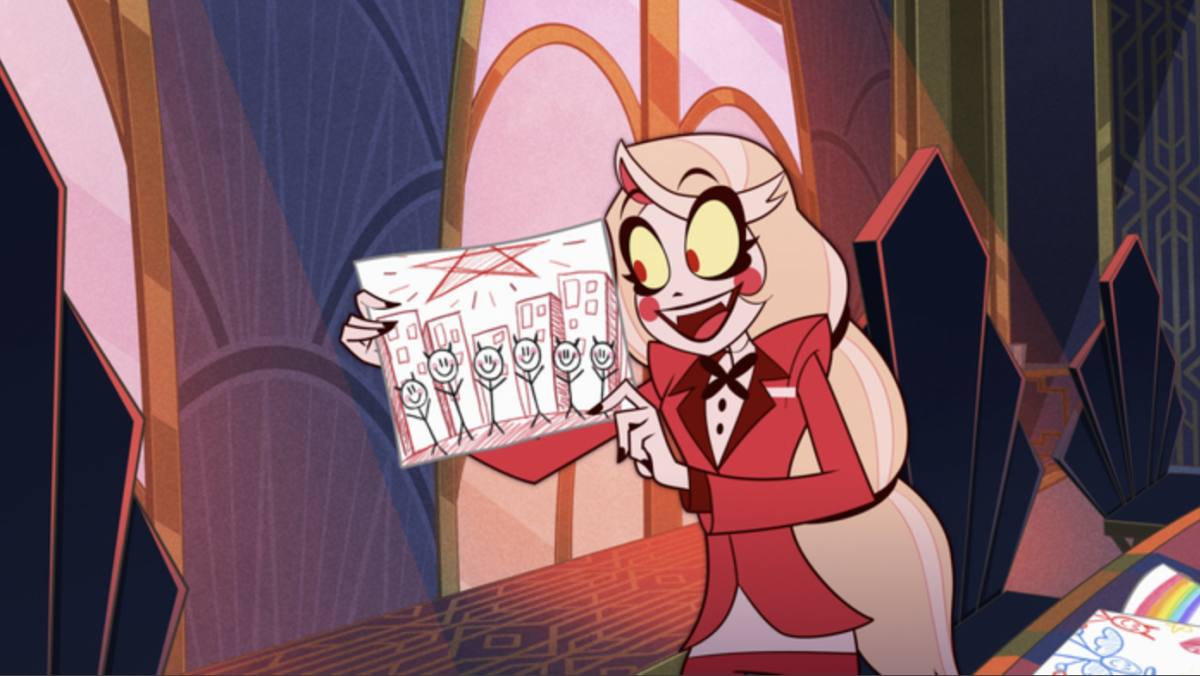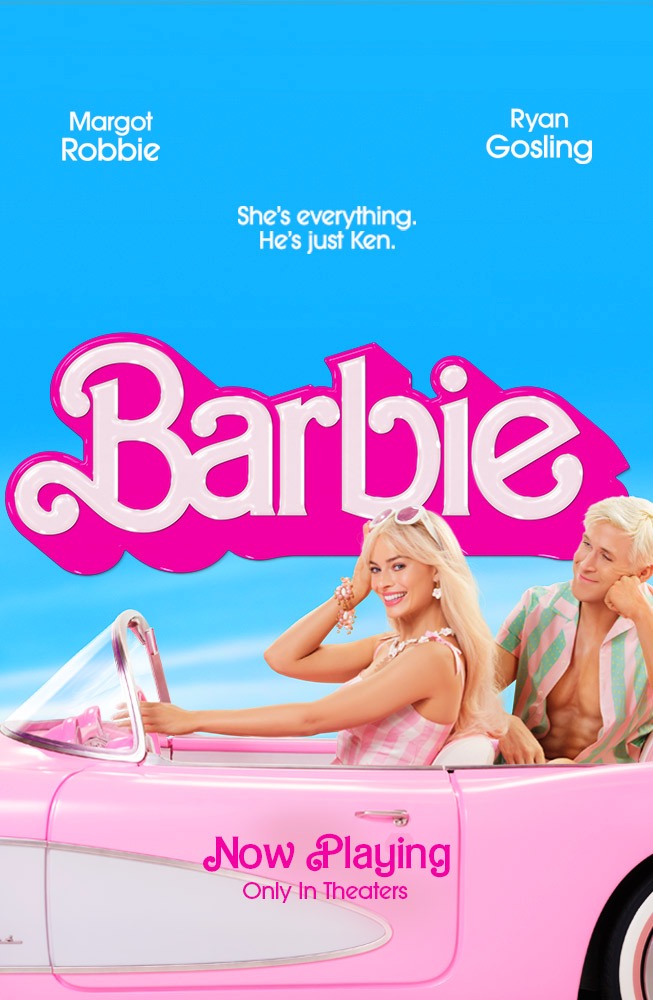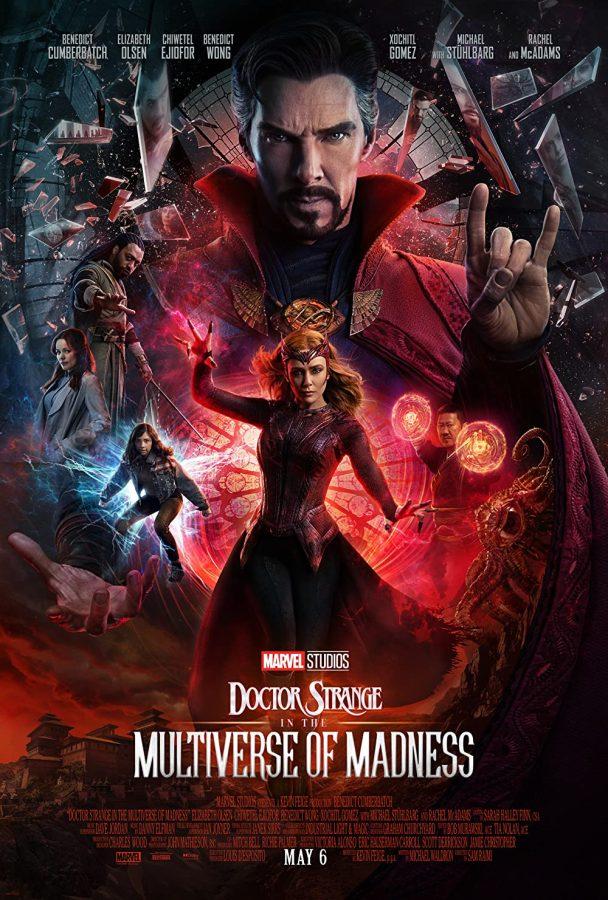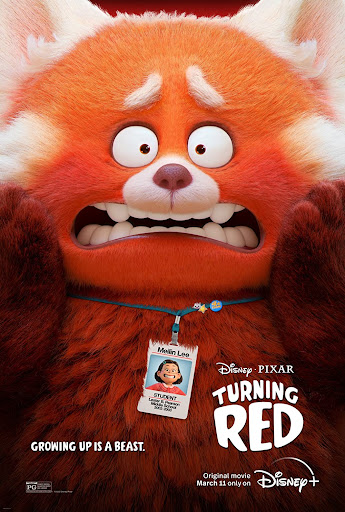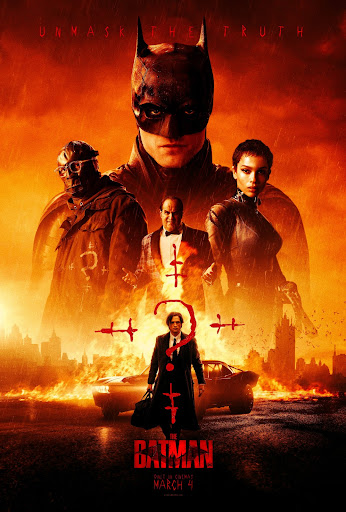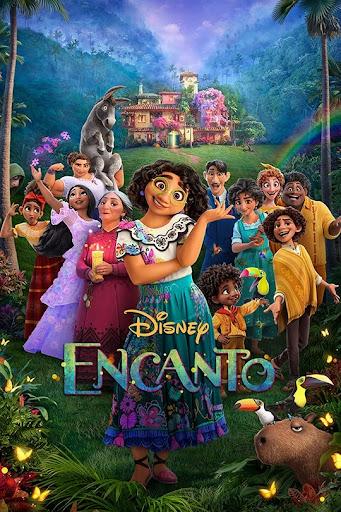
It should be obvious to anyone who watches movies that we are currently in the middle of a franchise blockbuster glut. Some are better than others: Mad Max: Fury Road set a new benchmark for action films, and Marvel keeps churning out their usually-above-average superhero spectacles with the rest of Hollywood ten steps behind on their own ill-advised “cinematic universes.” Meanwhile, studios are reviving properties that died undignified deaths at the box office years ago. There was a new Godzilla last year. There will be a new Terminator next month. And so on.
Into this fray moseyed Universal with a new Jurassic Park film from director Colin Trevorrow, the latest white male indie film director to land a huge franchise film after one successful feature, in this case 2012’s Safety Not Guaranteed. In the first trailer for Jurassic World, he gave us a vision of a Jurassic Park that worked. In the original Spielberg film, a groundbreaker for CGI (despite the fact that many of its effects were practical), the park is a marvelous dream that turns into a nightmare. Corrupt, greedy forces hack into the security system, the cloned dinosaurs get out of their cages, and everyone has to either escape or be eaten. But in Jurassic World, children ride among the dino herds in glass orbs, a mosasaurus dives out of a tank like one of Sea World’s imprisoned orca whales, and America’s sweetheart Chris Pratt rides a motorcycle through the jungle accompanied by a squad of trained raptors.
Flights of fancy? Maybe. But here’s something to bring us down to Earth: Jurassic World made $208 million in its first weekend, beating The Avengers for the highest opening weekend gross in history. And you might be able to chalk that up to hype, if not for the fact that it made another $102 million in its second week. Clearly, it’s not just about the dinos; such a drastic second-week intake means the film is actually decent, and I can confirm even more: it’s actually quite good.
Many blockbuster directors seem to view CGI as a Six Million Dollar Man-style solution to their imaginations. We have the technology, the idea goes, so we can make movies better than they were. Credit where it’s due, Trevorrow is smart enough to use Jurassic World as both a critique and extension of this philosophy. Sure, the park can be bigger and better, but too much ambition and lack of foresight will cause its failure just as surely as the first. And sure enough, the new park, where the paleontologist characters of the first are replaced with corporate overseers who forget that their cloned dinos are living animals, careens toward catastrophe.
In Jurassic Park, the dinosaurs escape because of a power outage. In Jurassic World, however, the mundanity of running a theme park causes management to underestimate their exhibits. Out of some silly belief that living dinosaurs will cease to amaze crowds, park management decides to Frankenstein a new species of dinosaur. The edgily-named Indominus Rex was created using genes from a hodgepodge of animals, extinct or otherwise. By the time they realize the depth of the monster’s intelligence and cruelty, it’s already begun the hunt.
Jurassic Park had the good fortune to be scripted by Michael Critchton, who adapted his novel and infused the earlier film with wit and intelligence beyond the visuals. By contrast, the Jurassic World script merely riffs on the themes of the original – life finds a way, don’t play God with science, etc. – without providing anything more profound. The characters, to be blunt, are bland and poorly written. The protagonist, Claire Dearing (Bryce Dallas Howard), runs the park until I-Rex escapes, and afterward she attempts to rescue her visiting nephews . At best, she’s a metaphor for corporate culture and its tenuous grasp on control. At worst, she’s cold and distant initially and panicky near the end. The script also doesn’t do any favors to the affable Chris Pratt’s raptor trainer Owen Grady, who is portrayed as a savage voice of reason – he’s literally the only one to suggest they evacuate – but often comes across as flat and unlikable. If you take away Chris Pratt’s charm, you’ve made a huge mistake, and neither character benefits from Owen’s complains about Claire’s choice of high-heeled footwear and a botched first date. The pacing is an advantage, however. The I-Rex is treated like a horror movie monster, and when she’s finally revealed in full, after several teases and small glimpses, it’s in a big way.
The I-Rex reveal highlights an interesting dilemma: these new blockbusters seem to be chasing a new type of visual cinema that sacrifices what the actual human characters say and do. This was the situation in last year’s Godzilla, which supplemented monster battles with terrible acting and a sorry script. Even if much of the park is computer-generated, and even if some of the seams are visible, it’s thrilling to actually see the park in action, and even more thrilling when the dinosaurs run loose. It’s as if Trevorrow has visualized every insane concept he and his writers could think of, from baby triceratops rides to giving I-Rex camouflage. If The Avengers didn’t mark the start of a new go-for-broke era in blockbuster filmmaking, this film certainly does, and explicitly so. A once proud herd of brontosaurus, reminiscent of the first film’s famous reveal, lay slain by the hunting monster. A great white shark is fed to a bigger, toothier beast, figuratively feeding the foundational blockbuster Jaws to the newer creation.
Ultimately, Jurassic World is not only wildly successful and surprisingly entertaining, but it also officially heralds a new generation – a new wave, perhaps – of blockbuster filmmaking. This filmmaking is one perfectly comfortable with infusing old properties with new blood, but careful to remain safe and profitable. If this film and the Godzilla remake tell us that we are not in control of nature, do they also offer an omen of where Hollywood is going? Will the faster, stronger franchise film burn the industry out of money and talent? Will this new movement survive? Time will tell, but I’ve got 208 million reasons that say it will.
—
For more information or news tips, or if you see an error in this story or have any compliments or concerns, contact [email protected].





